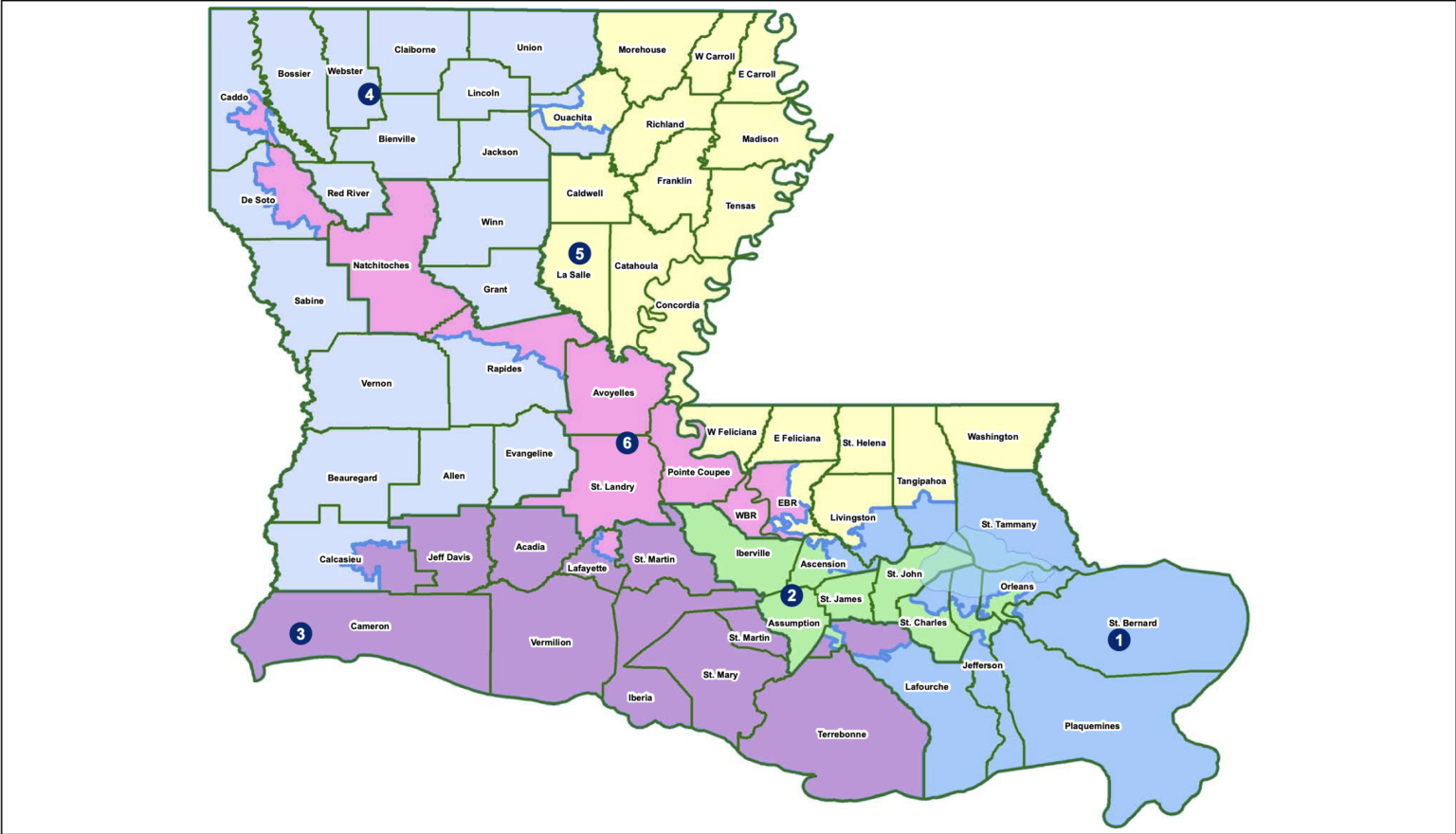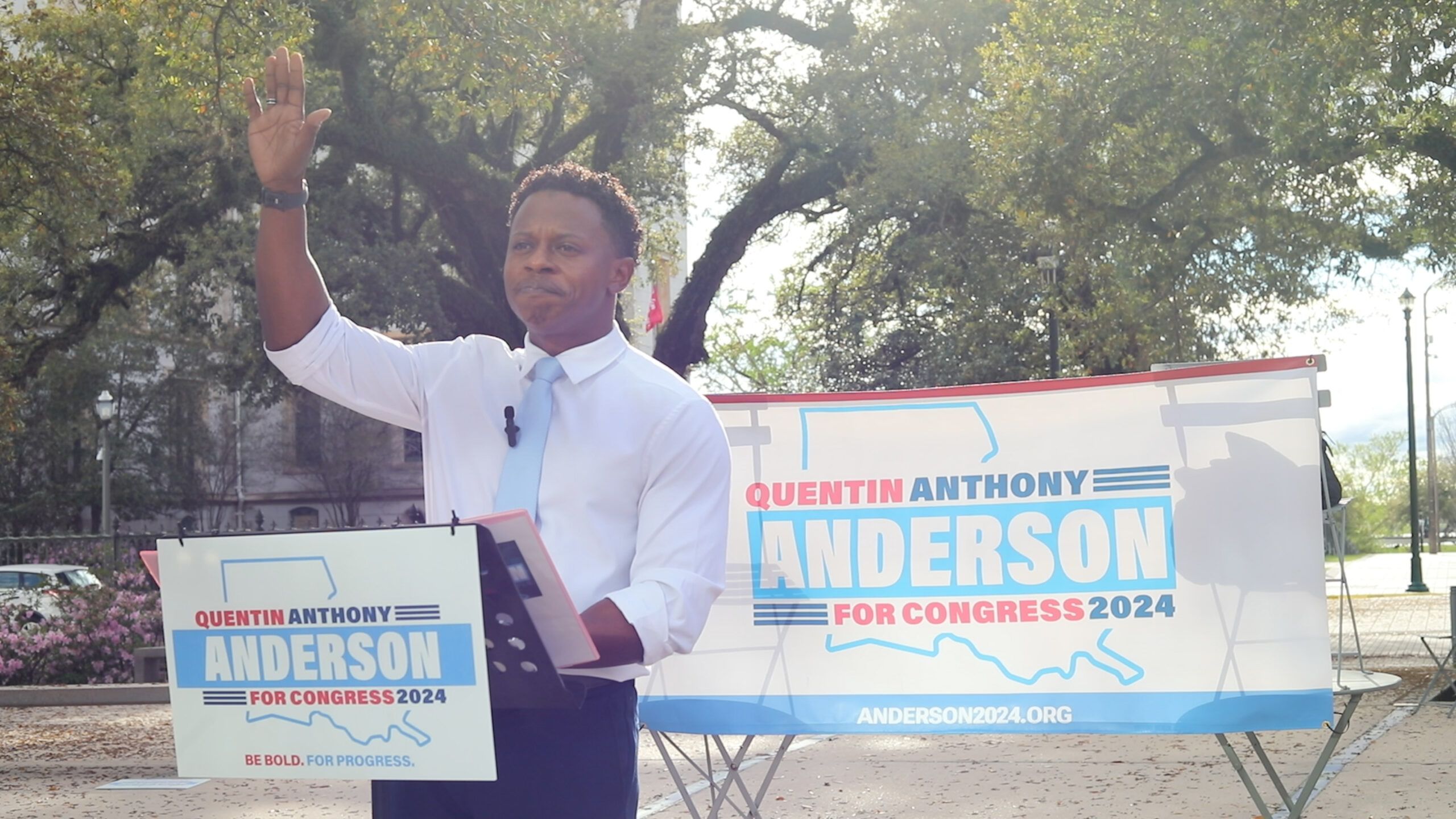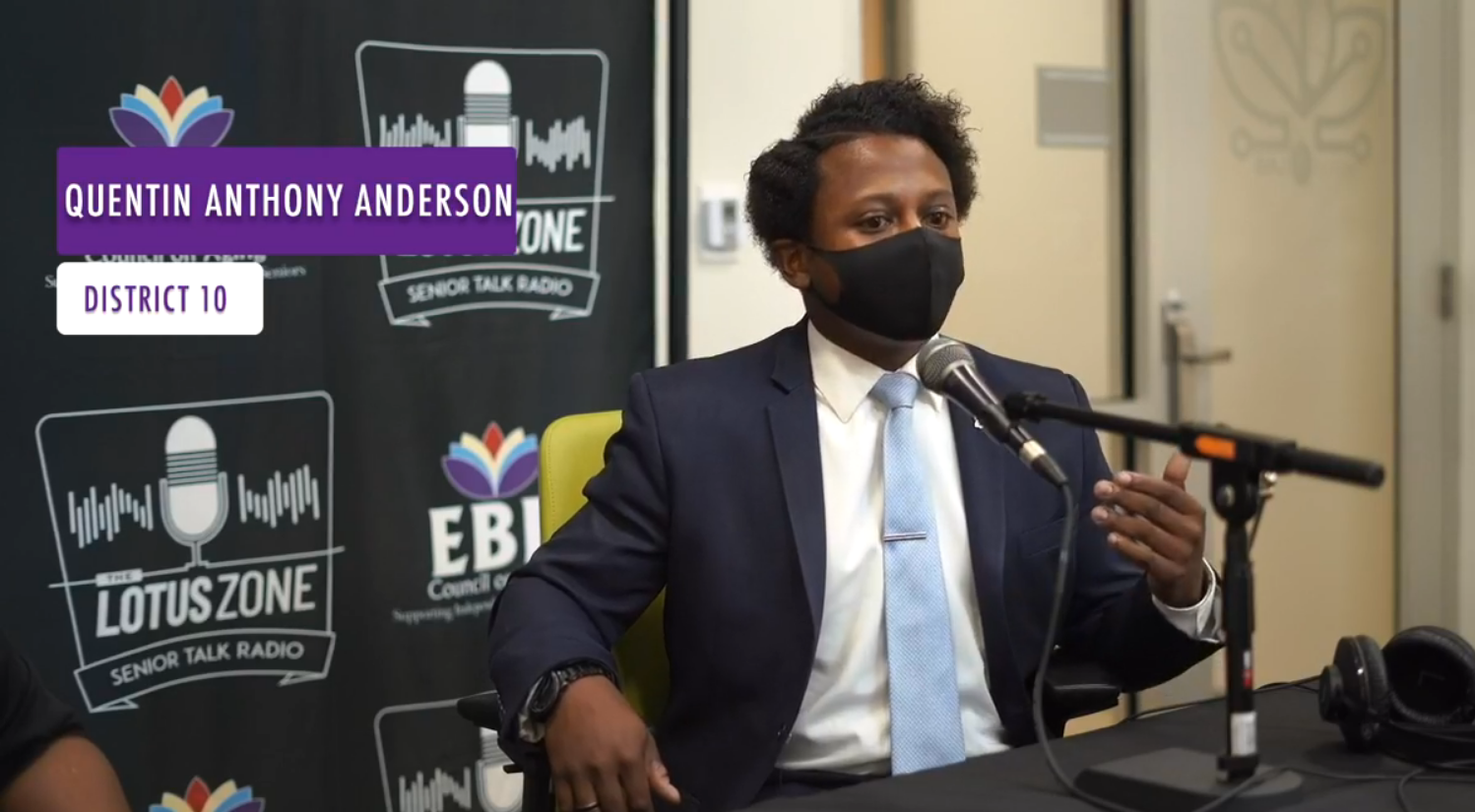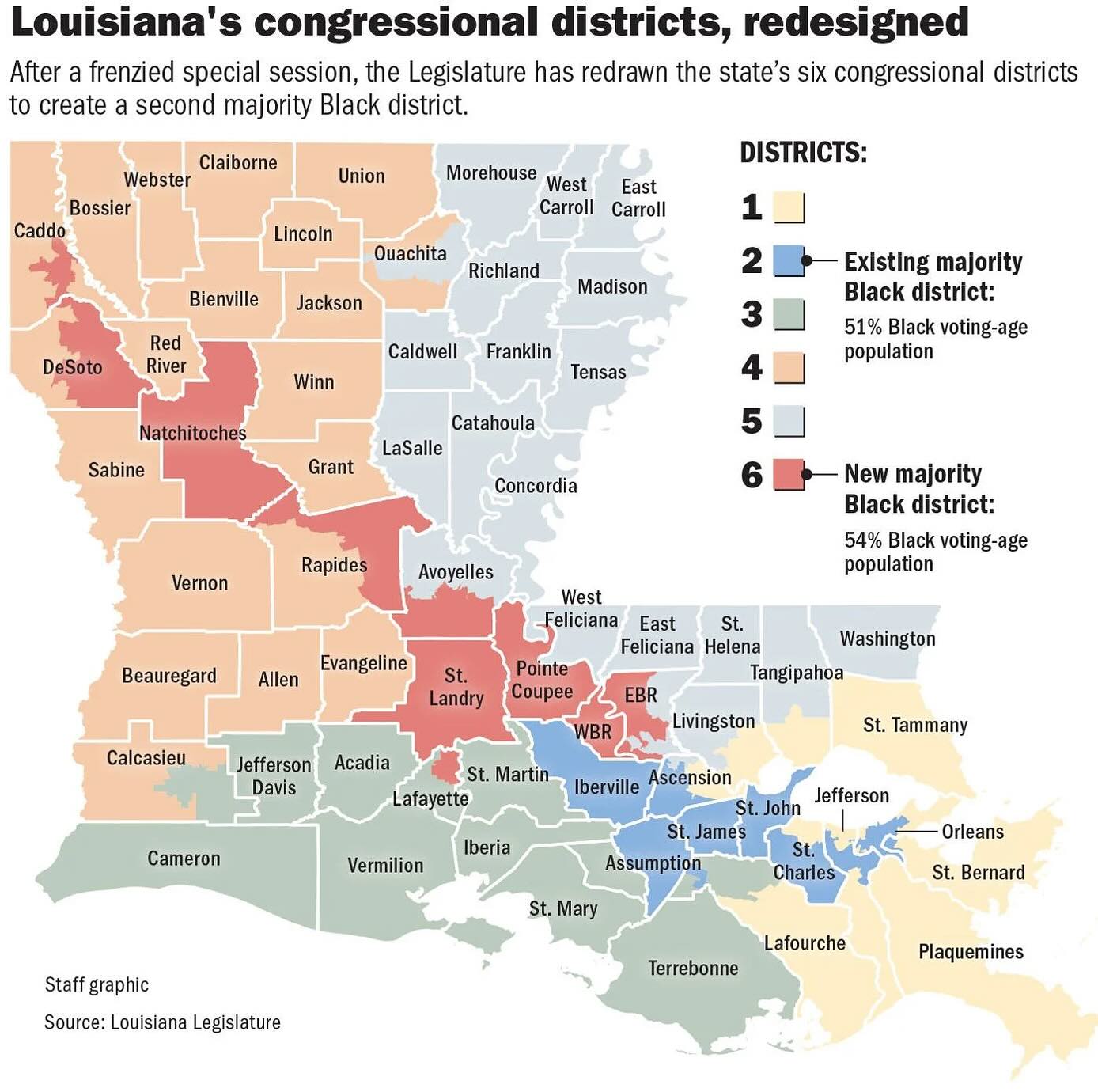Today, I want to share a bit of the behind-the-scenes of our campaign and a challenge we recently faced that speaks volumes about the hurdles grassroots campaigns often encounter.
We crafted an amicus brief to support maintaining the current electoral map in Louisiana’s 6th District amid ongoing legal disputes. This map is crucial for ensuring that this year’s election is fair and voters aren’t left baffled by last-minute changes. Our brief focused on how sudden shifts in district boundaries could confuse voters and disadvantage grassroots campaigns like ours, which don’t have the deep pockets or extensive legal teams that some of our competitors might.
However, we hit a snag.
Despite our best efforts, we couldn’t secure a Supreme Court-qualified attorney in time to file our brief. The reality for a grassroots campaign like ours – running on a shoestring budget – is that accessing such resources isn’t always feasible. Unlike campaigns flush with millions, we operate with what we have, which means we sometimes face limitations that aren’t just financial but also logistical.
Rather than let our hard work sit unseen on a desk, we’ve decided to make our brief public. We believe it’s crucial for everyone to understand how important stable electoral boundaries are for fair elections. You can check out our full argument below — it’s a plea for clarity and fairness, qualities that should define every election but often don’t.
This isn’t just about our campaign. It’s about ensuring that all candidates and voters can engage in a transparent and democratic process, without the goalposts moving unexpectedly. We’re sharing our story and this brief to highlight how critical—and fragile—our democratic processes can be, especially for those of us without endless resources.
AndersonAmicus_CallaisvLandrySCOTUS_2024
We want to thank Ashley White, Kenneth Barnes, Louisiana Appleseed and countless other invaluable advisors who helped us articulate an argument we think is crucial not only to this campaign, but to our democracy moving forward.








